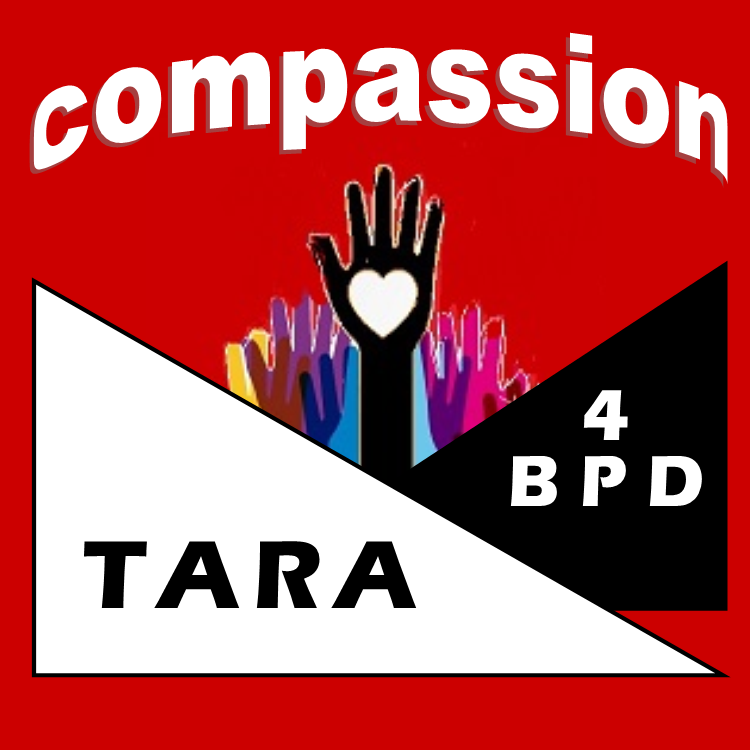Mentalization: A New Evidence Based Treatment
Mentalization, developed by Peter Fonagy and Anthony Bateman, is an evidence based treatment primarily for the treatment of people with Borderline Personality Disorder.
Mentalization is the process by which we are able to understand what motivates ourselves and others to behave the way we do, how we make sense of our own actions, behaviors, and feelings as well as the actions and feelings of other people. In everyday life, most people seem to intuitively understand what is going on in their own mind and in another person’s mind.
Sometimes we do things without under-standing why or misunderstand others and their motives. This lack of understanding leads to things going wrong in our relationships. MBT concentrates on trying to understand the misunderstandings that happen when we try to communicate with others, especially someone with BPD. MBT aims to enhance a person’s ability to make sense of their own and other’s actions and feelings by focusing on understanding your own and other people’s minds, how people are thinking and feeling when they are relating to each other in the moment.
You become more aware of your own reactions and of how other people may be thinking, feeling or reacting to you or to the situation, in the moment. Mentalizing allows you to examine relationship ruptures from each person’s point of view so that empathetic understanding can develop. MBT looks at how what we have in our minds can trigger intense reactions in ourselves and in others.
Prerequisite for attending TARA4BPD Mentalization Workshop:
Participants must have attended a TARA Family Empowerment Workshop
BPD and Relationships
Relationships are “Achilles heels” for people with BPD. They seem to have a limited capacity to decipher other people’s behavior or to read other people’s responses. They are often mistrustful, have difficulty understanding and accepting the intentions of other’s and feel other’s are motivated by bad intentions. The stronger their emotional connection to someone, the more that person can trigger them, causing intense emotional dysregulation and mentalization failure. This results in difficulty developing trusting and meaningful relationships.
MBT was developed to help people who feel overwhelming and intense emotional distress. These feelings are usually triggered by interpersonal situations. MBT therapy explores the kind of situations that have tended to provoke strong emotional reactions or shifts in mood states, particularly how these affect and are affected by relationships, but it does not focus on the past.
TARA4BPD Mentalization Class Content
I. What is Mentalization?
What is the difference between implicit and explicit communication? How does DBT differ from MBT? How do people with BPD think? What is the importanceof explicit or implicit communication?
II. Attachment relationships
What is attachment? What happens when attachment relationships are triggered?
III. Shame and BPD
Lying vs Bullshitting. Reframing by considering alternate interpretations and intentions of behavior.
antonia new, peter fonagy, co-developer of Mentalization baseD Therapy, and valerie porr at mt. sinai, ny mentalization training
Learning Mentalization based therapy will give family members a differentperspective on how people with BPD think and will provide new tools for more effectivemethods of communicating based on empathy, humility, compassion and acommitment to authentic communication. Whereas DBT addresses how to change behavior, Mentalization focuses on changing how people think and appraise situations, addressing relationship ruptures as they occur. Family application of MBT techniques teaches you how to avoid or decrease the volatile reactions and behavioral cascades when the ability to think logically goes off line and emotions escalate.
IV. Failure to mentalize
How to know when someone has stopped mentalizing? Explore the ways in which mentalization can go wrong. How people with BPD think when they fail to mentalize.
V. Mentalizing techniques
What you do when a person stops mentalizing: Stop & Stand, Stop Rewind & Explore, Pause Stop & Stand.
I. Mentalizing in Everyday Life
Practice: how to incorporate mentalization techniques and philosophy into your daily life.
IX-X.Evaluating individual letters and Texts Evaluating what your loved one is trying to tell you through analysis of letters and texts.
Anthony Bateman, Co-developer of Mentalization Based Therapy, with sarah Piscitelli ( Goddaughter of V.porr) at NY
MeNTALization training.





